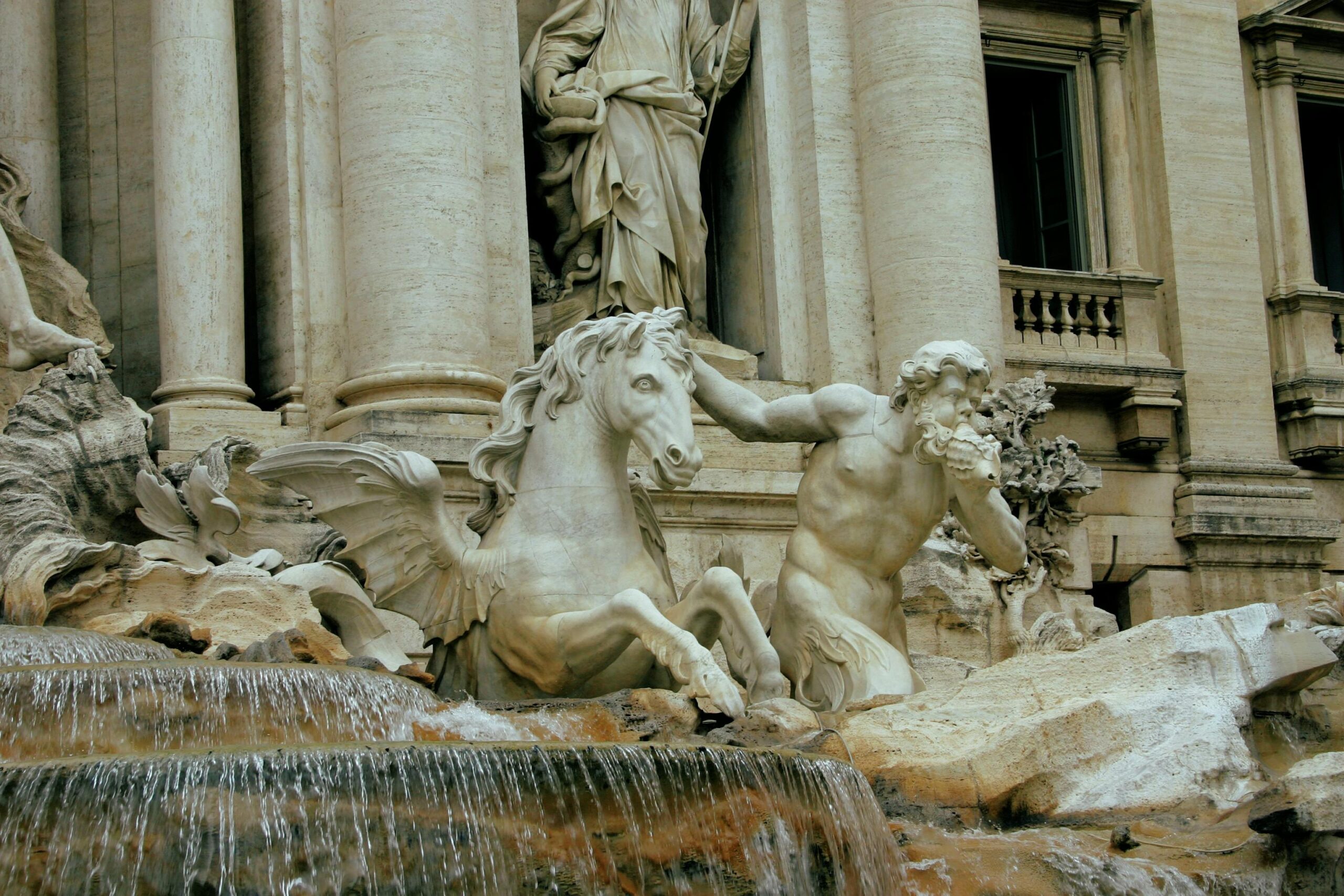In Hans Christian Andersen’s famous parable, ‘The Emperor’s New Clothes’, an emperor, obsessed with his appearance, is fooled into parading through his kingdom in invisible garments. He is so preoccupied with how others see him that he cannot acknowledge the obvious truth: he’s wearing nothing at all. His subjects, afraid to question his authority, pretend to admire his non-existent outfit—until a child finally speaks the truth. The tale highlights the dangers of vanity and deception, showing how unchecked pride can blind leaders to reality.
Much like the emperor in the story, leaders become so consumed by their own image and ego that they fail to recognise how it impacts the entire organisation. While such leaders may see short-term gains due to their relentless drive, the long-term consequences for organisations can be severe. The entire culture of the company becomes one of fear and resentment rather than collaboration and growth.
Here’s a closer look at the attitudes that typify vain leadership and how they can be toxic to both the organisation and its people.
All of these behaviours and attributes stem from a deep sense of insecurity, lack of fulfilment and sense of entitlement that causes them to seek validation in overt and subtle ways, but at the cost of being alienated and disliked. Like the emperor, these leaders become trapped in a bubble of self-aggrandisement, surrounding themselves with people who won’t challenge them. But just as in the parable, the truth has a way of revealing itself. Employees will eventually see through the facade and recognise the hollow nature of the leader’s proclamations. Without genuine respect and mutual recognition, the leader’s words will ring hollow, much like the emperor’s invisible clothes.







